African voice is crucial
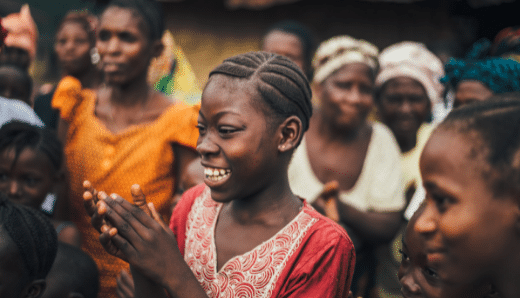
The African continent is rich in diverse cultures, nature and resources and also has an incredibly young population. This makes for endless opportunities and possibilities. Already highlighted in an earlier article, this is why African youth are eager to achieve a bright future for their countries. And it is important to hear these voices! For many years, we have organised Africa Day, where engaging these voices in social discussions has always been the core value.
Towards EU-Africa summit
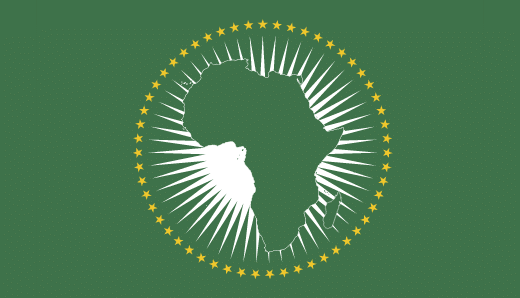
Last December, President Macron spoke of establishing a "fair system of peace and prosperity" at the upcoming EU-Africa summit in Brussels on 17 and 18 February. Now that France holds the EU presidency and Macron will thus be the host of this sixth summit, he can really start putting this ambition into action. According to the African Union (AU), this is an important moment for establishing long-term cooperation that represents more than just a donor-and-receiver relationship.
Africaweek 2022 - ''If the EU does not stand up, others will fill the gap''

'For us, Africa is an equal partner in terms of efforts, aspirations and dreams to fight inequality, so our actions should reflect this reality,'' the Socialist & Democrats Group (S&D Group) said. In keeping with this thinking, Africaweek was organised last week, spread over three days. Through several panels that could be followed online, several important topics were discussed. These included the future of African infrastructure, women's empowerment, youth engagement in democracies, the climate crisis in both the EU and Africa and, above all, EU-Africa cooperation. The latter three were also followed by FMS.
Retrospective Political Café Ethiopia
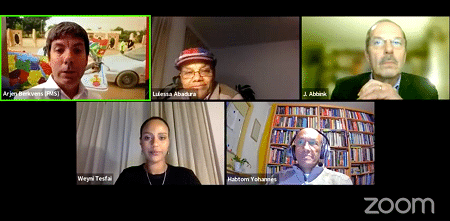
On 20 January, we organised an online political café on Ethiopia, in view of the recent escalation of the conflict (reference to Dorine's article). Our speakers were Lulessa Abadura from the Gurmuu Foundation; Habtom Yohannes, PhD candidate at Radboud University; Jan Abbink from Leiden University; and Weyni Tesfai, cultural anthropologist and historian in the field of Africa studies.
Impunity in DRC leads to major humanitarian crisis: International aid required
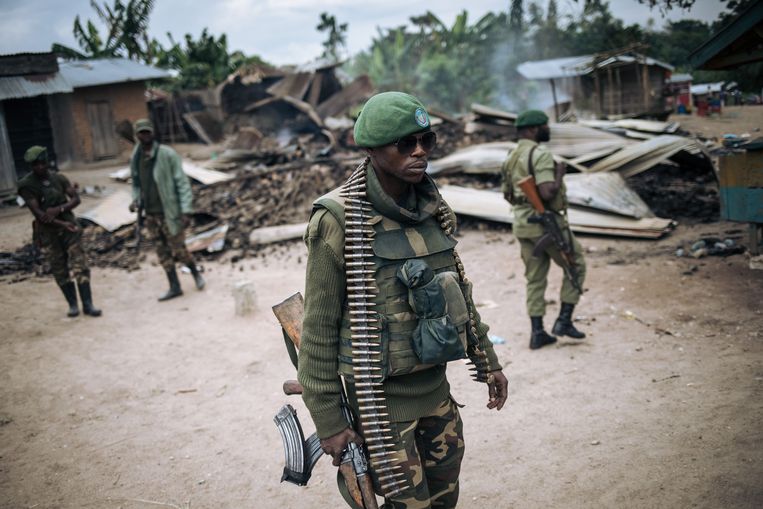
The corona crisis exacerbated many already prevailing problems in the world: Poverty and food insecurity increased in large numbers. Time has been set back in terms of poverty in many places. However, crises beyond corona unfortunately remain. One of the biggest crises currently taking place globally is in the Democratic Republic of Congo. According to the UN, 19.6 million people in Congo are in acute food insecurity, meaning people have so little access to food that their lives are at risk. 3.6 million children are even acutely malnourished and thus at high risk of death. Yet we hear little or nothing about this. How is it that one of the biggest humanitarian crises seems to remain so out of the picture?
Covid expands unequal treatment of Africa
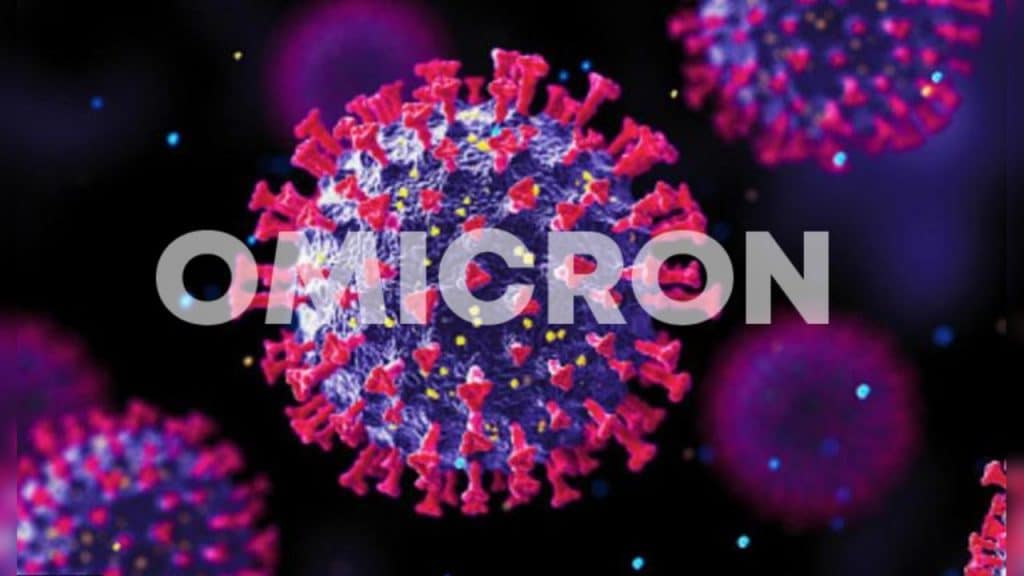
The Netherlands is in 'hard lockdown' again. After it was announced last week that primary schools had to close a week early, starting the Christmas holidays a week earlier, almost everything was closed last weekend. This hefty measure is to be taken to stop the spread of the Omikron variant of the coronavirus. Extra wry, because this outgoing government is thus proving that it wants to curb the spread of new variants, but is failing to prevent it.
Further escalation Ethiopia puts solution further out of sight
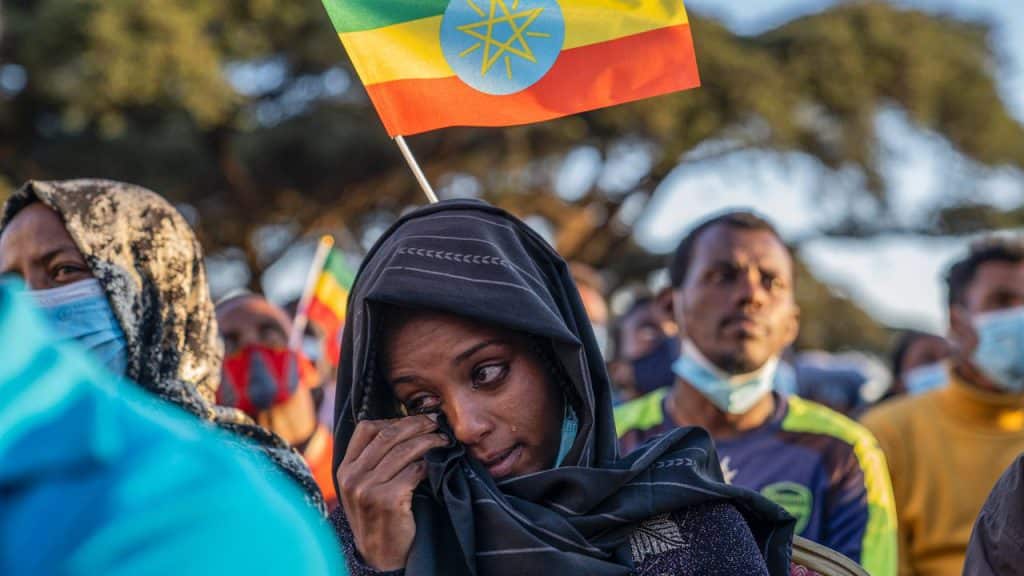
Last week, the United States, France and Germany urged residents in Ethiopia to leave as soon as possible while commercial flights are still going. The Dutch outgoing cabinet also urged Dutch nationals in Ethiopia to leave the country. It is yet another escalation in a conflict that seems to have only losers, but whose end is far from in sight. What happened in Ethiopia, where optimism about the future was still high in 2019 when Prime Minister Abiy Ahmed Ali received the Nobel Peace Prize for his efforts to make peace with neighbouring Eritrea?
The Glasgow climate summit: what did it bring?
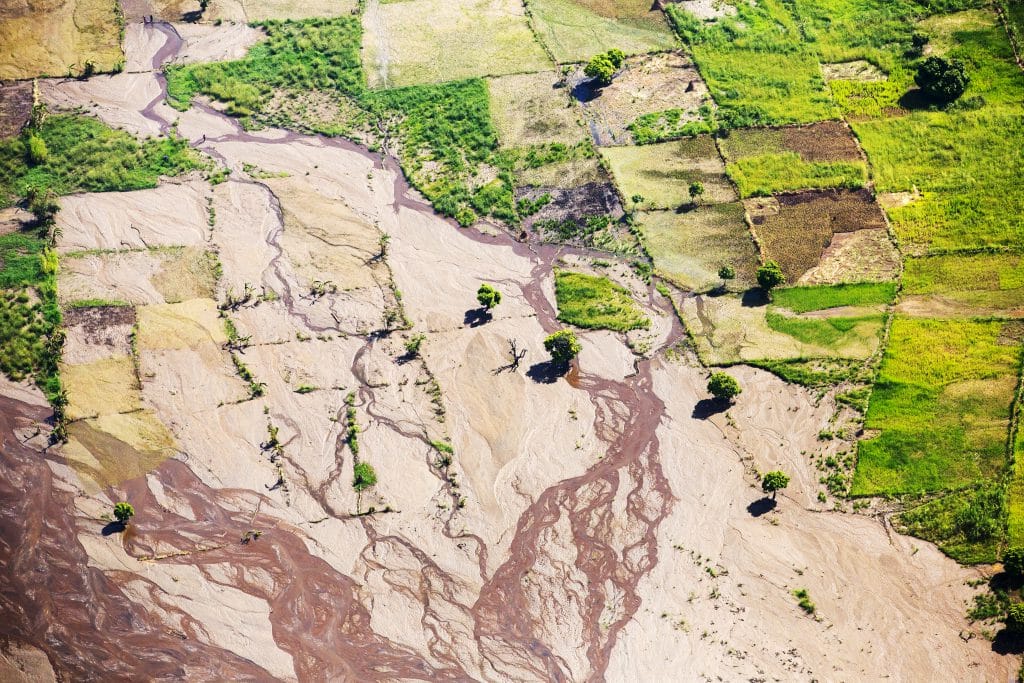
It was a stirring two weeks in Glasgow early this month, as virtually every country in the world gathered there for the UN Climate Summit. The run-up to it was not smooth either. The summit had already been scheduled for 2020, but the corona crisis delayed it by a year. Then there were concerns about entry restrictions, making it more difficult for delegations from developing countries to travel to Scotland. A major problem, as developing countries are precisely the hardest hit by climate change and thus deserve a very prominent place at the negotiating table.
Africa Day will be back in 2022!
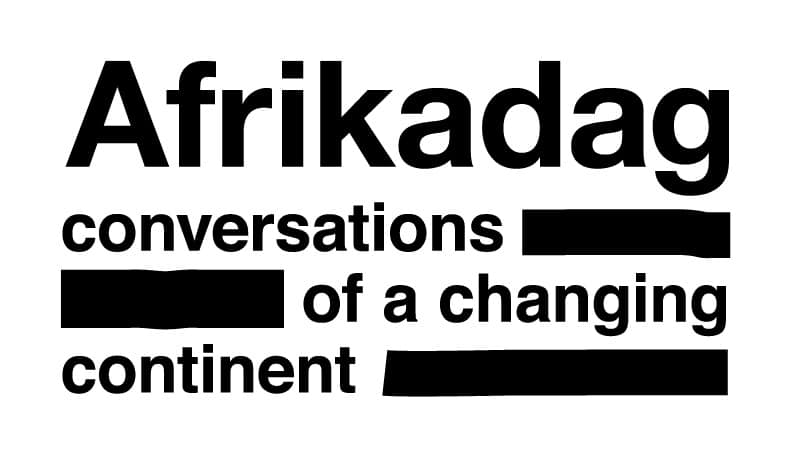
On 28 May 2022, the Africa Day will be back! After two years in which the Africa Day could not take place, we hope to return in April with a LIVE Africa Day at KIT in Amsterdam. This Africa Day can also only be realised with the involvement of civil society organisations, representatives of the diaspora, political parties, ambassadors, companies, artists and performers who will engage with visitors in dozens of workshops and on the Africa Day market.
Coup d'état triggers new massive protests in Sudan in support of civilian rule
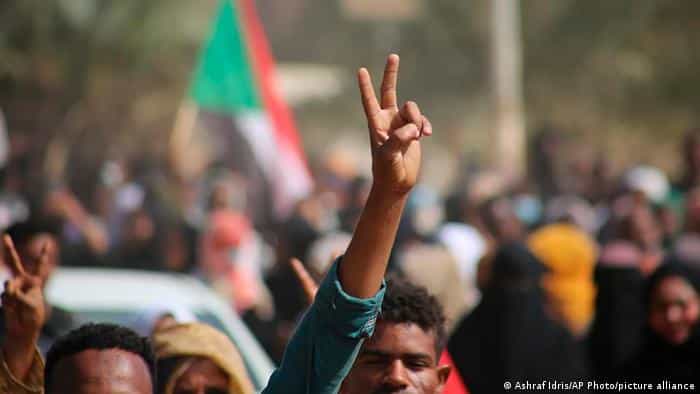
This Monday, the people of Sudan were once again confronted with a coup d'état. Sudanese military officials arrested the prime minister Abdalla Hamdok and have dissolved the transitional civilian government, citing political infighting and instability as the reason. As a result, tens of thousands of people have taken to the streets in support of civilian rule. How did we end up back here?

